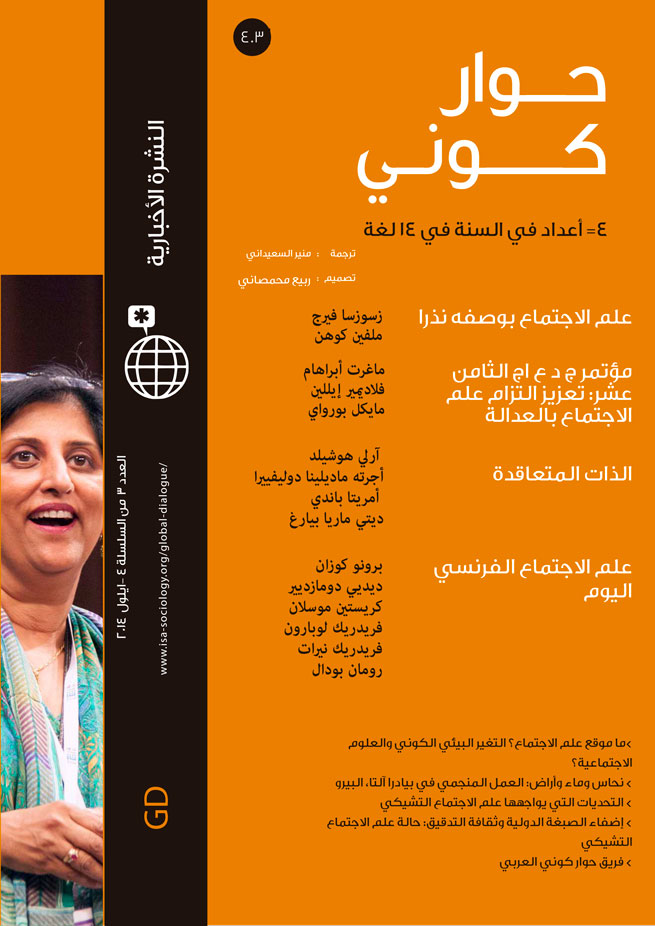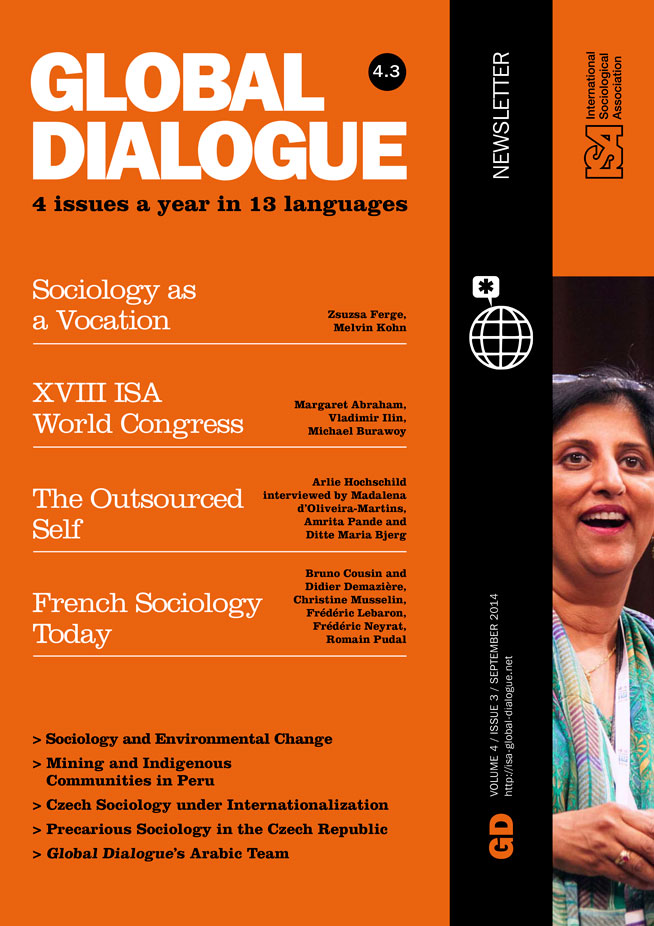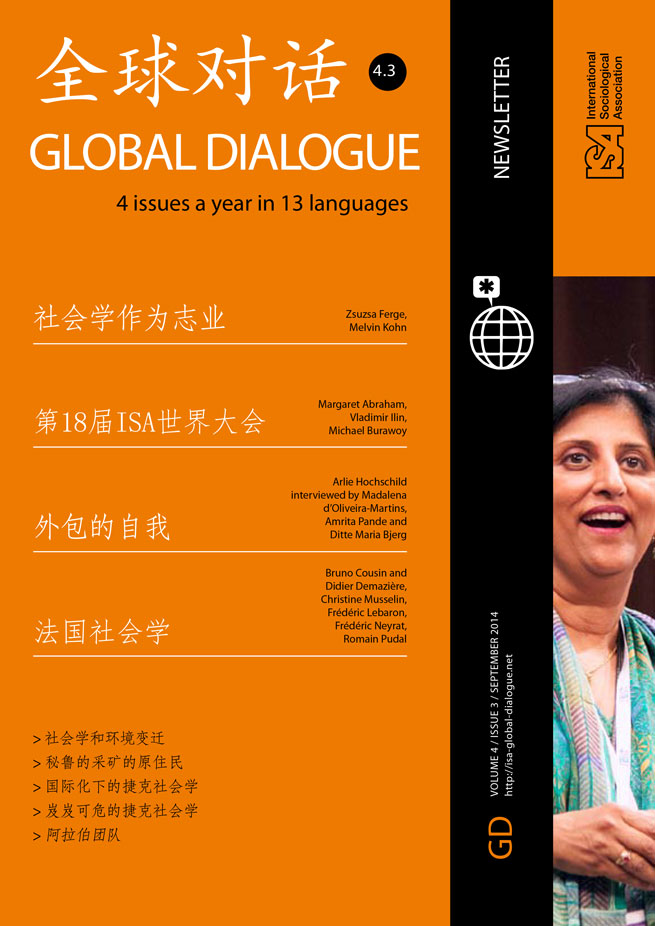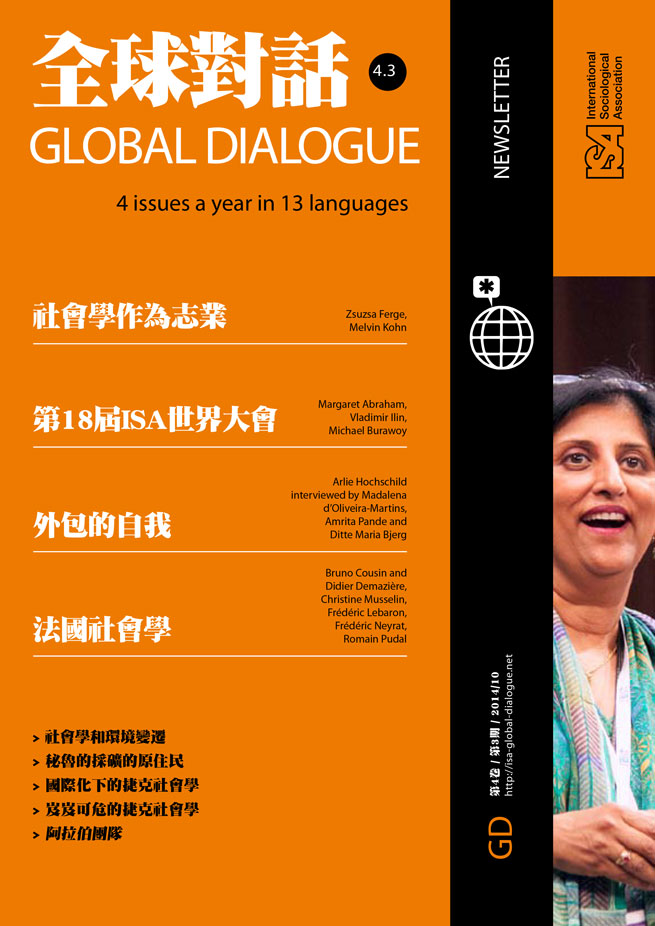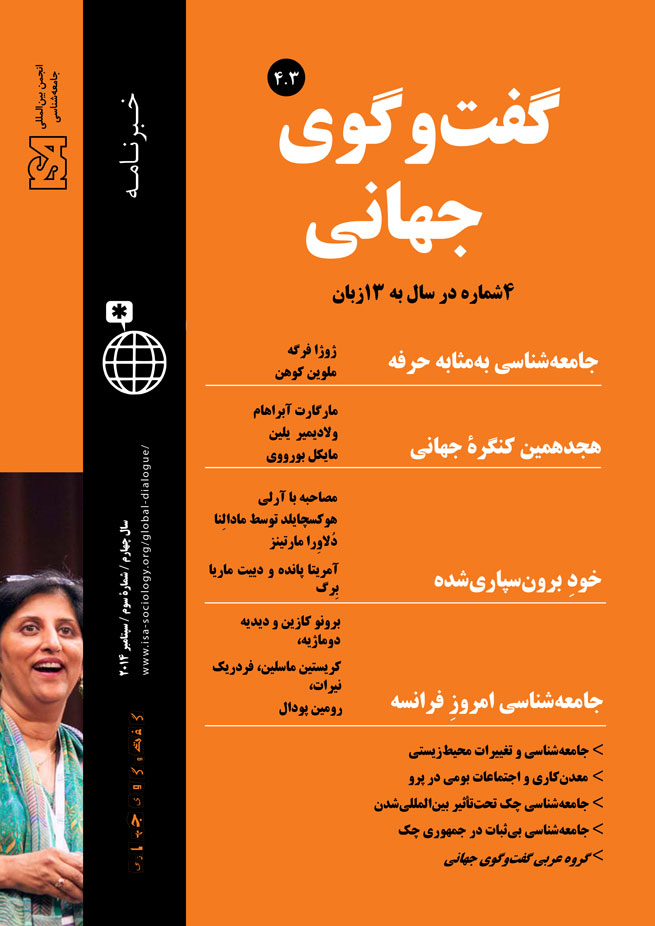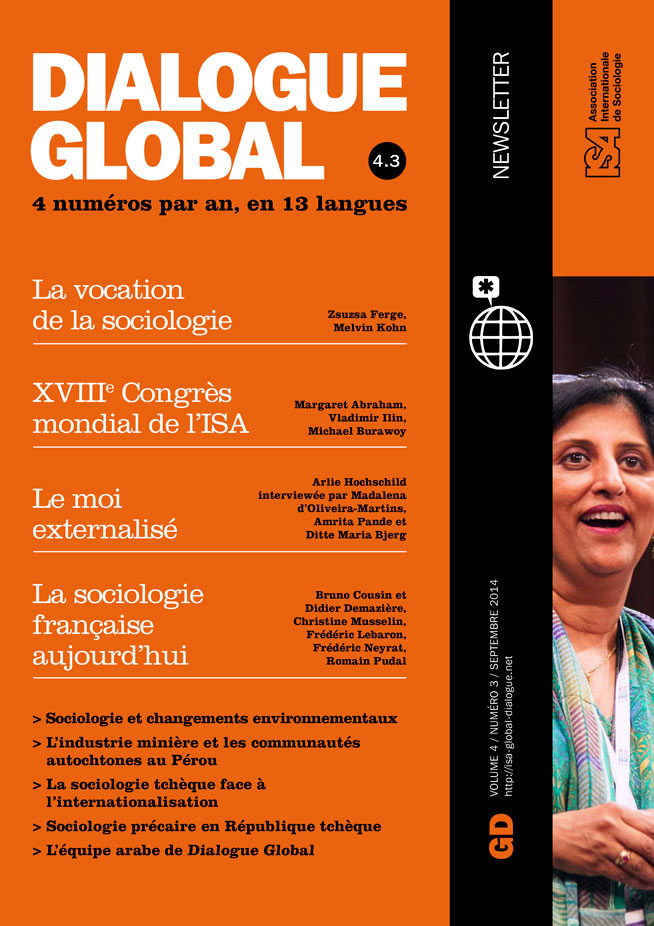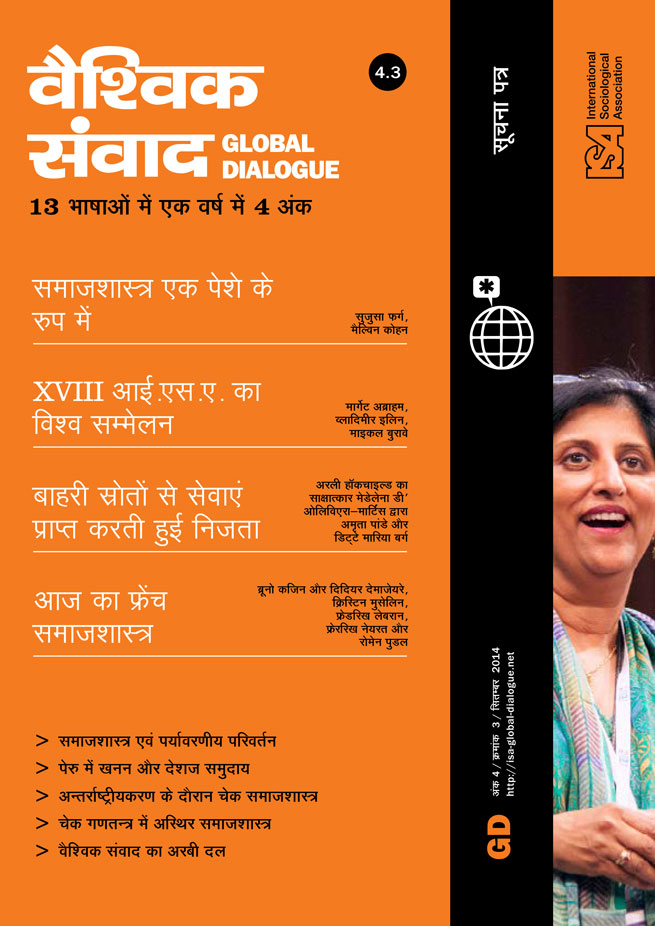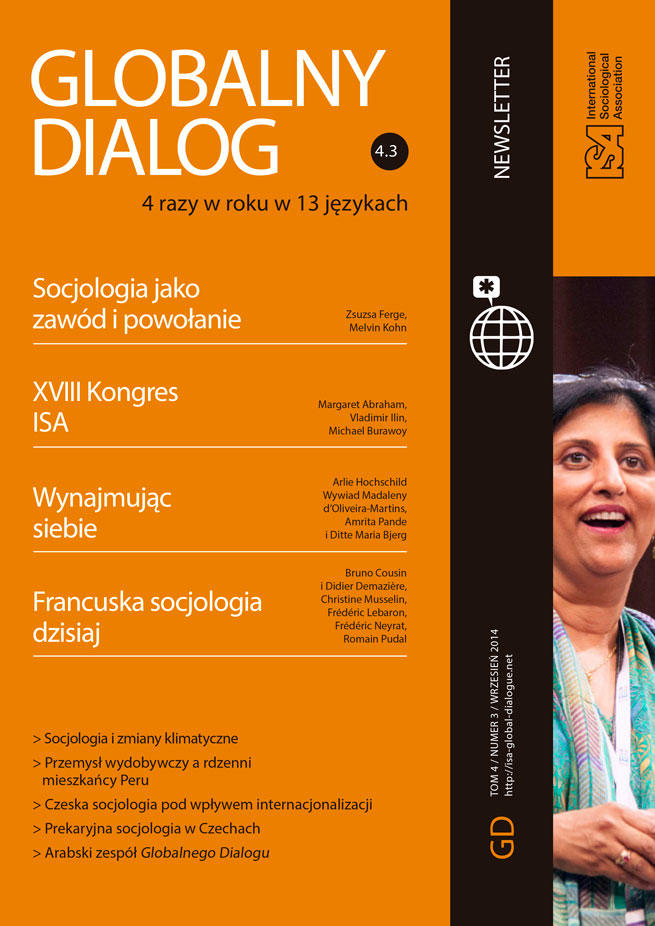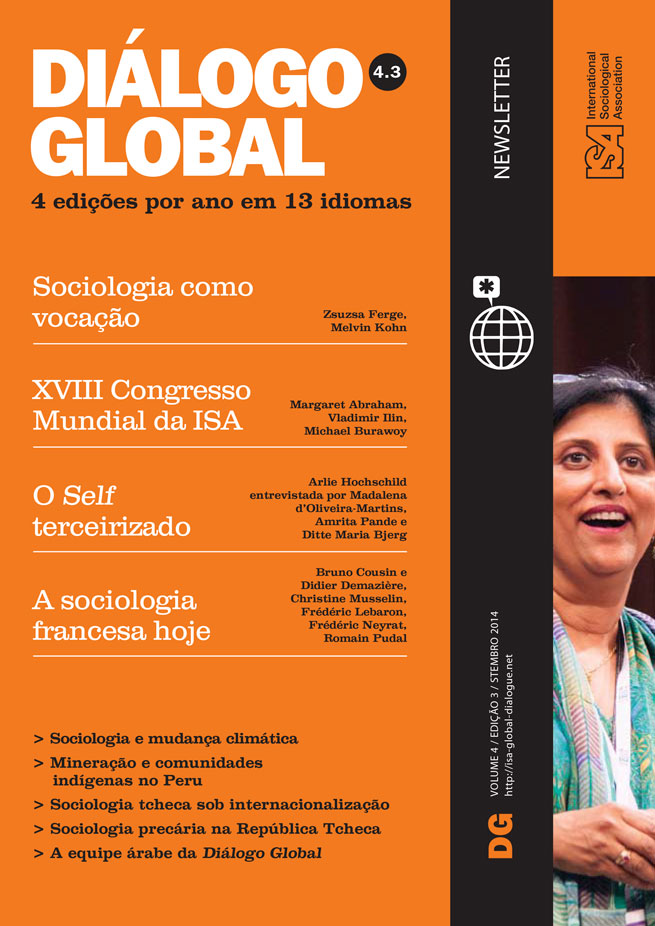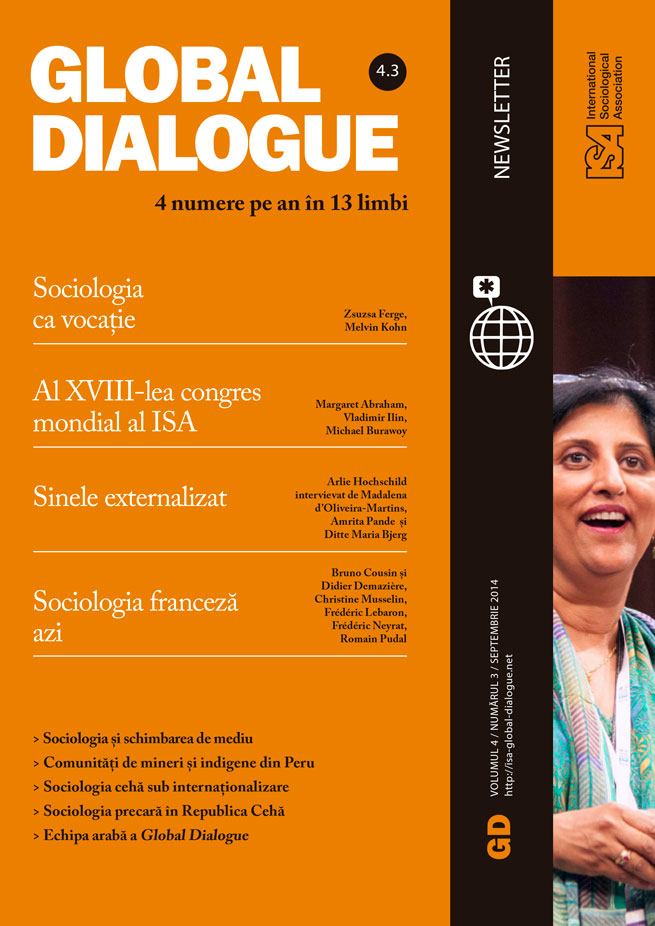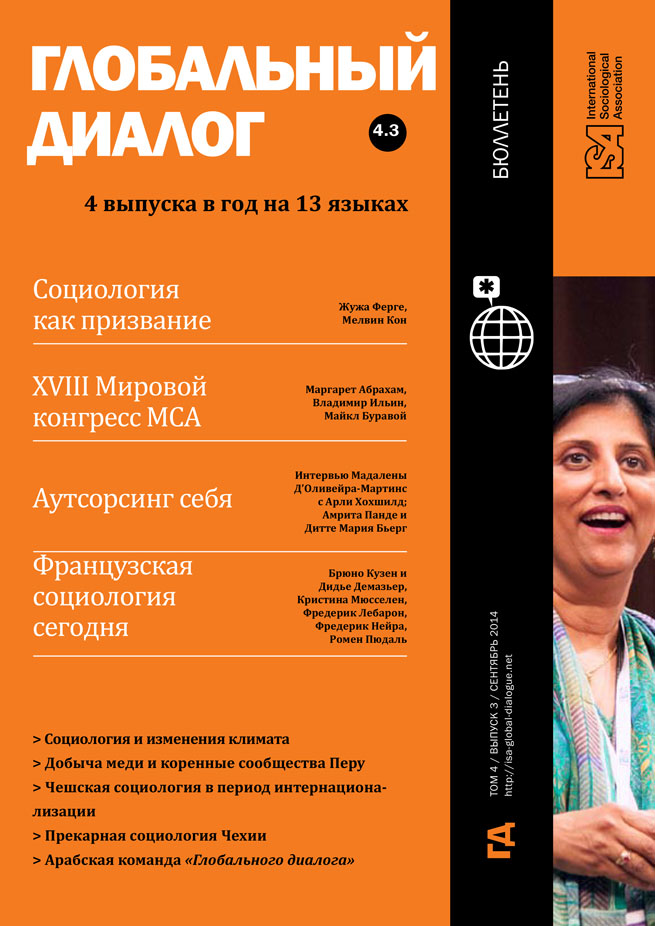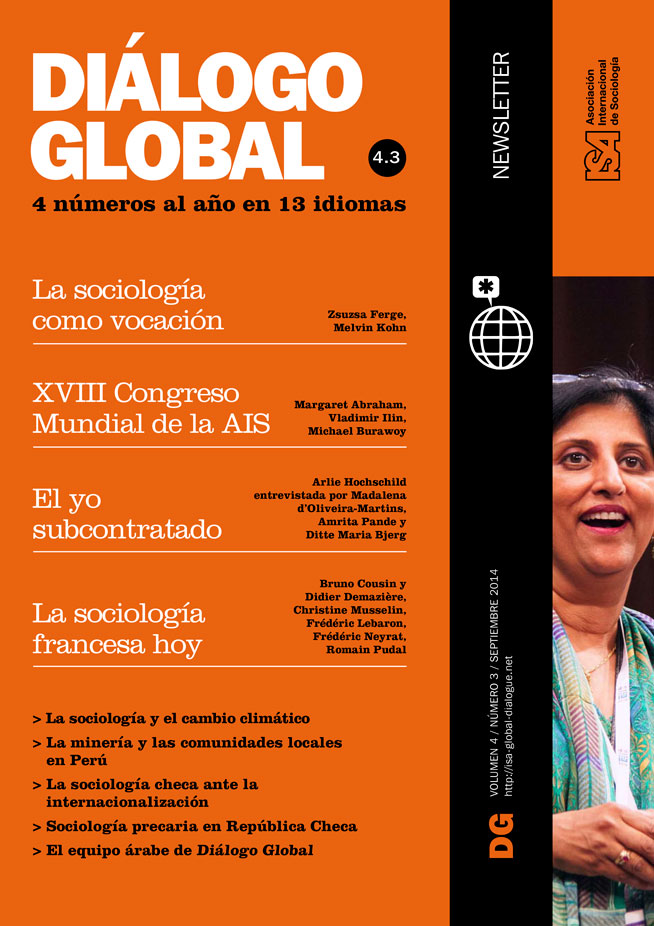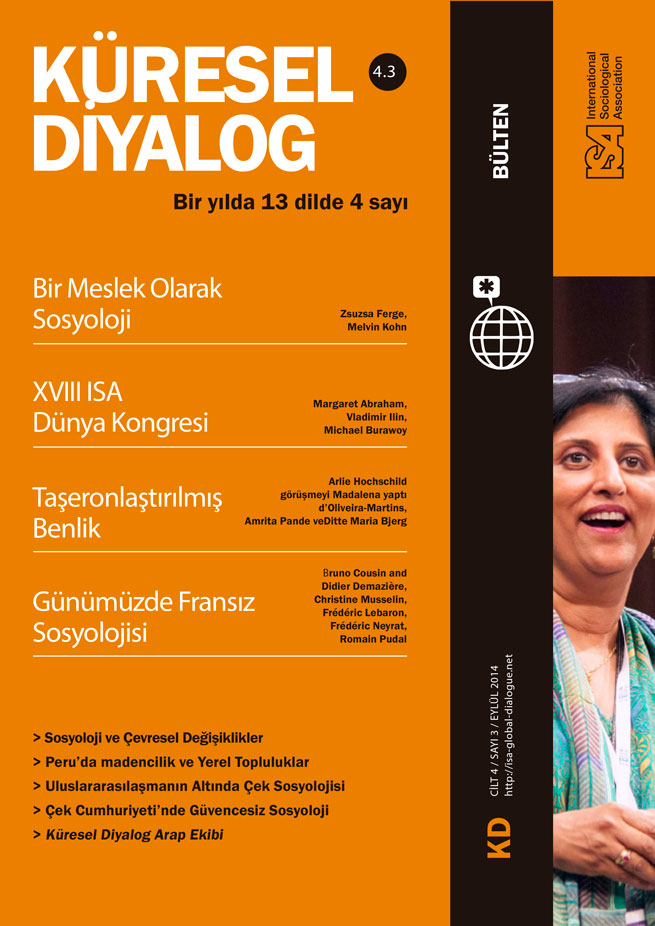In France, as elsewhere, sociologists spend much of their everyday lives evaluating each other’s work as well as responding to numerous evaluations. Of course, given the way higher education and research are organized, as well as national intellectual habits, in France this quasi-universal activity takes particular forms.
The Evaluation of Doctorates and Accreditation to Supervise Research
In France, the doctoral dissertation is evaluated in a very special way. The dissertation itself is lengthy, usually over 300 pages and sometimes closer to 1,000 pages. It is submitted to the prospective members of a jury – usually five or six faculty members or enseignants-chercheurs, including the dissertation advisor. Two of these must be external reviewers or rapporteurs from other universities who may decide to suspend the dissertation defense. If the two reviewers approve the dissertation, each of the jury members, beginning with the dissertation advisor, will comment on it during the dissertation defense. They will then ask questions to the candidate, a rather long ritual that lasts over three hours. Next, the jury decides whether to award the candidate highest honors, that is the “félicitations du jury,” only the “très honorable” distinction, or even a lower grade. The first one requires unanimous agreement from the jury, reached through a secret ballot. Finally, the president of the jury drafts a long dissertation report or rapport de thèse summing up what each jury member said during the defense. This text plays a decisive role in the academic future of the doctoral graduate.
All doctoral students strive to receive these “félicitations du jury,” which are critical but also quite arbitrary (and some universities have in fact chosen to abandon this practice). In sociology, increased attention is therefore given to the dissertation report. The rapport de thèse can provide a synthetic and quite precise account of the quality of a dissertation, with various comments from jury members clarifying a candidate’s contributions.
The Evaluation of Scholarly Production (Articles, Books, Reports)
Over the past few years, the evaluation of journal articles has undergone clear changes. A “normalization” of evaluation practices is taking place, compliant with international standards, including author anonymity; anonymous and detailed reviews by, at least, two reviewers; and a reasonable and timely turnaround of both reviews and articles. These shifts are driven by the rising pressure to publish at different stages of an academic career.
English publications are still rare in French journals, but they have become core evaluation criteria for both researchers and institutions – which has an obvious impact on the journals. Some French journals select a few of their articles to be translated into English in order to increase the visibility of what are deemed the most original findings of French sociology.
The French Evaluation Agency for Research and Higher Education (AERES) publishes a list of journals in several languages that are considered to be at the scientific cutting edge of the discipline. Of course, in practice, qualitative judgments on what are the “main journals” persist, and also provoke tension around these lists and whether or not certain journals are “sociological,” as well as their “quality.”
It is important to note that publishing books continues to be important. Dissertations are often published as books, and individual and collective volumes structure professional debates as well as teaching.
Careers and Institutions
Academic positions are based on the evaluations of specific committees: “selection committees” for French universities and a “national committee” for positions at the National Center for Scientific Research or CNRS. The dissertation and the dissertation report are of course critical in the beginning of this process. Nevertheless, greater importance is being given to journal publications, as well as teaching and professional service.
It is important to distinguish the recurrent evaluation procedures employed for researchers at the CNRS or similar organizations from those used for university faculty members, which depend on whether an individual is a maître de conferences or a professor, and only apply when one seeks a promotion. In both cases, a national committee made up of elected and appointed representatives carry out evaluations collectively; and numerous debates arise around selection criteria, journals, etc.
In the case of universities, the National Council of Universities has seen heated professional conflicts. Although it may seem a generally accepted idea, not all sociologists consider it necessary to establish explicit minimum norms for empirical work or for the quality of publications. Moreover, most of them refuse to apply standardized norms based on bibliometrics. Evaluation criteria, therefore, make up a complex field, requiring the adoption of an open and multidimensional perspective. Hence the need to continue a permanent and deep debate on each component of our profession: teaching, research, the dissemination of research results, professional service and other professional responsibilities. Of course, for each of them, different criteria would need to be seriously considered, and no simplified metric should be applied.
Finally, research centers or laboratoires are evaluated by AERES, mainly on the basis of their publishing records. Other criteria include: internal functioning; governance; intellectual vibrancy in terms of the organization of seminars, etc. Unlike other countries, France has no national ranking system for either research centers or departments. The ranking endorsed by the Ministry is based on criteria such as the professional placement of students. Hence, it is mostly related to the strength of professional master’s programs.
For a More Pluralistic and Comprehensive Evaluation
The future development of French sociology, if we aim to perpetuate a rich and innovative discipline, requires that a multidimensional notion of the quality of research and publications be disseminated abroad. For this we must refuse a total hegemony of the English language, which would erase certain national specificities. We should also refuse the use of bibliometrics as simplified and dominating metrics for the evaluation of researchers and research centers. More refined and nuanced forms of evaluation must be developed in order to seize the particular characteristics and singularities of sociological works. It is also essential to reject any form of sectarianism, either of schools or of intellectual traditions.
Major efforts are needed to preserve the intellectual life of scholarly production in national languages. Exchanges among different languages must be increased, which requires translation, but would allow for the diffusion of knowledge on more egalitarian grounds.
Moreover, attention to criteria other than publications in both individual and collective evaluations is also crucial for the future of our discipline. The quality of our sociology programs is key, and yet the indicators we use, based solely on the professional placement of students, are largely insufficient. Although these must be considered, they could be measured and interpreted better. Moreover, contributions to collective academic life, the quality of “democratic governance” as well as working and academic career conditions, particularly for young hires on precarious contracts, should also be taken into consideration.
Frédéric Lebaron, Université de Versailles Saint-Quentin-en-Yvelines, France <frederic.lebaron@uvsq.fr>

